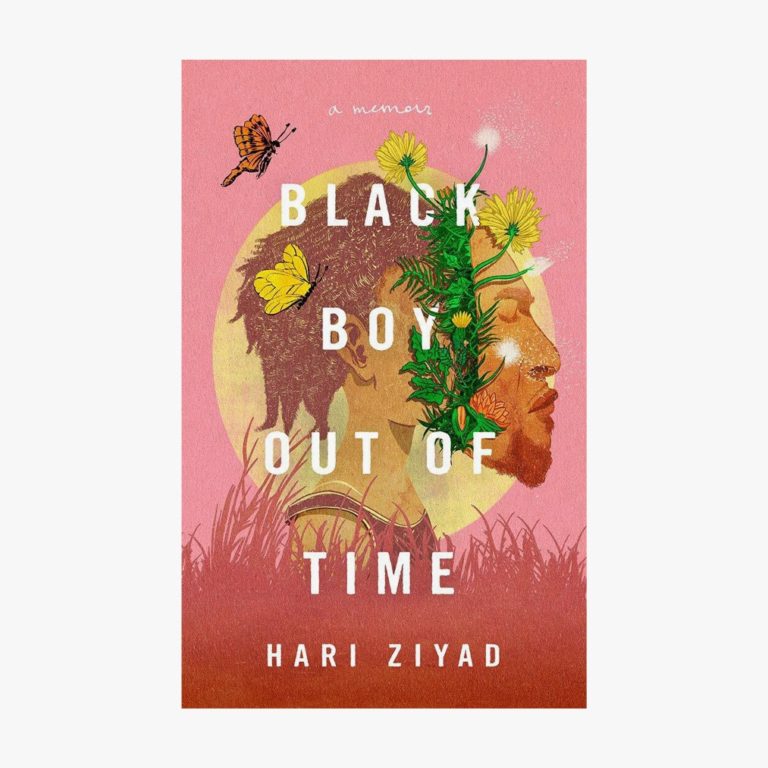
Spring is in the air, and with it comes peak reading season. Sure, you can always read at home in winter, but it’s just not the same as cracking the spine of a good book in the park or on a windswept beach or wherever else your vernal travels might take you. There’s a breadth of exciting, new queer writing coming out between March and May—fiction, nonfiction, poetry, graphic novels, and beyond—that makes for great reading any time of the year (and not just Pride Month, ahem). Below, find nine of the books by LGBTQ+ authors, including Sarah Schulman, Melissa Febos, Jasmine Mans, and many more, that we can’t wait to read.
Black Boy Out of Time: A Memoir by Hari Ziyad (March 1)
In this memoir, writer Hari Ziyad recounts their origin as one of 19 children raised by a Hindu Hare Kṛṣṇa mother and a Muslim father; they also skillfully narrate their experience of growing up Black and queer in Cleveland, as well as their coming of age in New York City. Their story is often painful, but it’s full of joy too, and it offers readers a new script for pushing beyond racial and gender binaries.
untold: defining moments of the uprooted edited by Gabrielle Deonath and Kamini Ramdeen (March 2)
This anthology from Brown Girl Magazine compiles the voices of 32 writers who explore myriad facets of the South Asian experience in the U.S., the U.K., and Canada, from immigration and mental health to sexual orientation and gender identity. With a powerful foreword penned by Born Confused author Tanuja Desai Hidier, this wide-ranging collection of deeply human experiences is not to be missed.
Black Girl, Call Home by Jasmine Mans (March 9)
Spoken-word poet Jasmine Mans’s gift with words is nothing short of sublime, and the territory she explores in this poetry collection—from waiting for her mother to get home from work and do her hair as a child in Newark to coming into her full as a young, queer Black woman—couldn’t be more necessary.
Sarahland by Sam Cohen (March 9)
This short-story collection revolves around a clutch of women named Sarah looking for themselves across a wide range of milieus, from a primarily Jewish college dorm and a rich necrophiliac’s apartment to a fan-fiction site and somewhere beyond the earth itself. It’s an ambitious work, to be sure, but the structural leaps it takes are more than earned, and Cohen’s prose is something to be celebrated all on its own.



